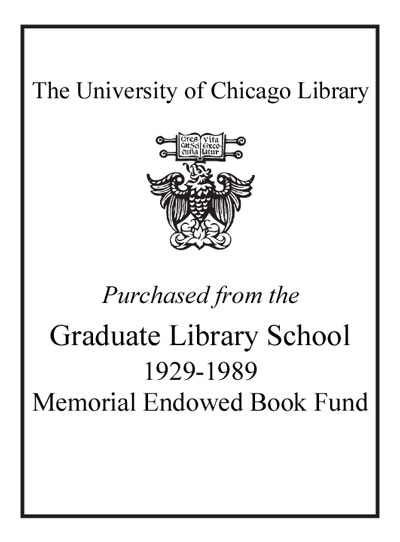Pakistan and the New Nuclear Taboo: Regional Deterrence and the International Arms Control Regime By Rizwana Abbasi Peter Lang AG ISBN: 9783034302722 This book examines Pakistan's nuclear behaviour from the 1950s onwards against the background of the emerging global non-proliferation system. The author probes the broader questions of the extent to which Pakistan's conduct was factored into the global non-proliferation regime and why that regime failed to constrain Pakistan's choice to go nuclear. The book goes on to argue that in order to fully understand Pakistan's nuclear policy, the Indian case must also be considered. Therefore, this book provides a comprehensive scholarly account of the history of both India's and Pakistan's technological developments leading to their decision to develop nuclear weapons and confront the NPT constraints. The question of nuclear proliferation by Pakistan's most prominent scientist, Dr A. Q. Khan, its nuclear behaviour after the disclosure of this proliferation case, and the recent development of counter-proliferation measures at a global level are all analysed in this volume. The security of Pakistan's nuclear weapons and the question of the state's reliability within the ranks of the global community remain hotly debated issues. 'Pakistan and the New Nuclear Taboo' offers the compelling argument that a new nuclear taboo against proliferation has emerged to prevent nuclear risks regionally and globally: since 2004, it is argued, Pakistan has played a key role in helping to establish this new nuclear taboo against the proliferation of nuclear weapons. The 'three models' approach adopted here provides the most comprehensive and up-to-date theoretical perspective on Pakistan's nuclear behaviour and helps illuminate nuclear policy dynamics and the role of international institutions in regulating the conduct of states in other regions as well. Excerpted from Pakistan and the New Nuclear Taboo: Regional Deterrence and the International Arms Control Regime by Rizwana Abbasi All rights reserved by the original copyright owners. Excerpts are provided for display purposes only and may not be reproduced, reprinted or distributed without the written permission of the publisher. Excerpted from Pakistan and the New Nuclear Taboo: Regional Deterrence and the International Arms Control Regime by Rizwana Abbasi All rights reserved by the original copyright owners. Excerpts are provided for display purposes only and may not be reproduced, reprinted or distributed without the written permission of the publisher.

